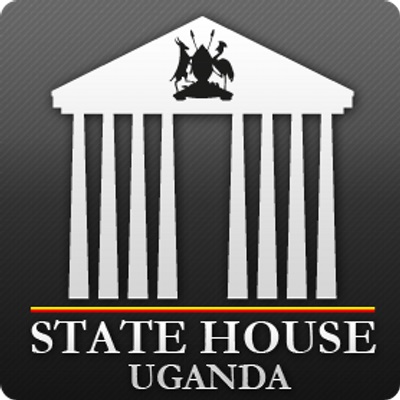- Details
- East Africa
- 436
President Yoweri Kaguta Museveni has advised Ugandans to use the opportunity of the Parish Development Model (PDM) program to eradicate poverty from their households
He said he began the fight against poverty in the 1960s and he has been able to come up with various poverty alleviation programs to ensure that his dream is realized.
“Don’t lose this chance because it’s a big support to you. Wako, who was poor, is now a rich man. He is blessed now with three cows and a milling machine because his family embraced the PDM program. I know that we are all not equal but when you embrace the PDM program you will eradicate poverty in your households,” he said.
President Museveni made the remarks today during his PDM assessment tour at Mr. Muwereza Wako ‘s farm situated at Buyego cell, Buvuma sub-county in Buvuma district.
Mr. Wako, a PDM beneficiary, owns three cows and a milling machine.
The President, who was pleased to visit Mr. Wako’s farm, said that the government has for years been sending resources to the public to curb poverty but in one way or the other some government officials have been mismanaging it.
President Museveni however narrated that the government now gives each parish Shs.100m annually and in his next five years’ term in office, each parish will have received Shs.500m.
He revealed that the first batch which received Shs.1m PDM money each, two years back will return it to their parishes with an interest of Shs.120,000, to give chance to other adults to benefit.
The President supported Mr. Wako with Shs.12m to purchase an acre of land at Shs.10m and use the Shs.2m to buy livestock like goats and pigs.
In response, Mr. Wako commended the President for initiating the PDM program that has enabled a section of Ugandans to improve their standard of living through wealth creation. He asserted that he was so poor to an extent that he couldn’t afford food for his family but currently he is called a rich man.
Mr. Wako and his wife Mirembe Eseza together with their eight children live on half an acre of land and according to the farmer, the PDM money has enabled him to add value to his family through wealth creation.
He said on 21st June 2023, he received Shs. 1 million PDM cash and after the bank charges, he remained with Shs. 980,000.
Mr. Wako noted that using the PDM money, he added some of his savings to buy a bull and a cow which conceived and gave birth to a calf in May 2024.
During the same month, he sold a bull at Shs.1m and used it to purchase an old milling machine at Shs.2.5m.
Mr. Wako explained that the machine seller allowed him to clear his remaining balance of Shs.1.5m in instalments. He asserted that he started using the machine which fetched him money to clear the balance.
The PDM beneficiary revealed that the milling machine earns him Shs. 15,000 every day, after deducting Shs. 5,000 for fuel, thus remaining with Shs. 10,000 and he earns a total of 300,000 per month. The dairy cow gives him 3 litres of milk. He sells two litres at Shs.1000 each and earns a total of Shs. 60,000 per month. The cow dung and urine is used as fertilizers in his garden. Distributed by APO Group on behalf of State House Uganda.






